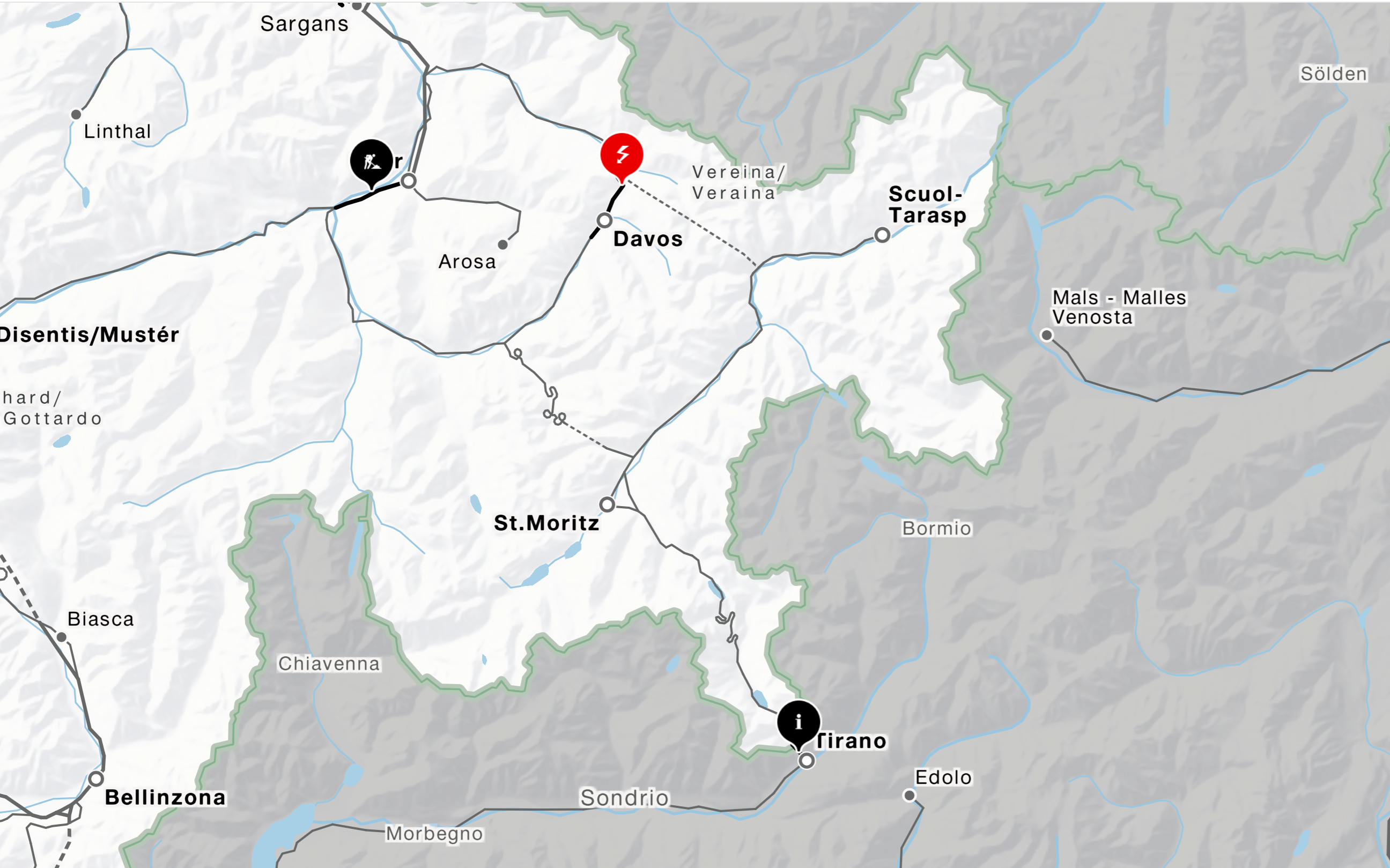Msc Thesis Defense- Florian Fuchs
Title: Integration of Disruptions in Railway Planning
Msc Thesis Defense - Florian Fuchs
Thursday 03/03/2022, 16:00 - 17:00
Zoom link: https://ethz.zoom.us/j/68546163964
Summary:
Railways play a crucial role in transport. However, unforeseen events in the form of disruptions drastically affect performance. A literature review reveals that research already addresses detecting and dealing with disruptions. However, no approach considers these tasks within the planning process of a timetable. This thesis bridges this gap by integrating increasing resilience in the process. Hence, we propose an iterative approach for creating timetables from scratch while identifying and addressing the critical disruption. We use a demand-centred performance metric based on generalised travel time, providing a unified objective. Aiming for a holistic approach, we include passenger routing, track assignment and rolling stock circulation. We introduce the concept of the Train Slot Sequence (TSS) to reduce complexity by restricting trains to time windows. We apply logical-Bender’s decomposition using TSS, splitting the task into a Mixed Integer Program (MIP) and a Boolean Satisfiability Problem (SAT). Furthermore, we cannot rely on predefined scenarios given the context. Therefore, we present a primal-dual algorithm identifying critical disruptions while considering all responses.
We conduct a case study with real-life data of RhB, a Swiss railway company. Our experiments indicate that solving the timetabling model directly with a commercial solver is only appropriate for small instances. However, we quickly obtain high-quality solutions with a fix-and-dive heuristic. Furthermore, within the case study, our propositions increase resilience. For example, in an instance based on artificially generated demand, performance increases from 35.9% to 58.4%, improving the remaining performance by a factor of 1.63. Another valuable insight is that our procedure to identify and assess critical disruption also works for simultaneously occurring disruptions. We apply the approach to nine instances that vary in demand and trains. The results reveal that the proposition performs as intended. However, solutions differ in resilience against critical disruptions and regular performance. Thus, determining the appropriate solution can require a trade-off. Nevertheless, a practitioner can select suitable solutions since we provide all results.
